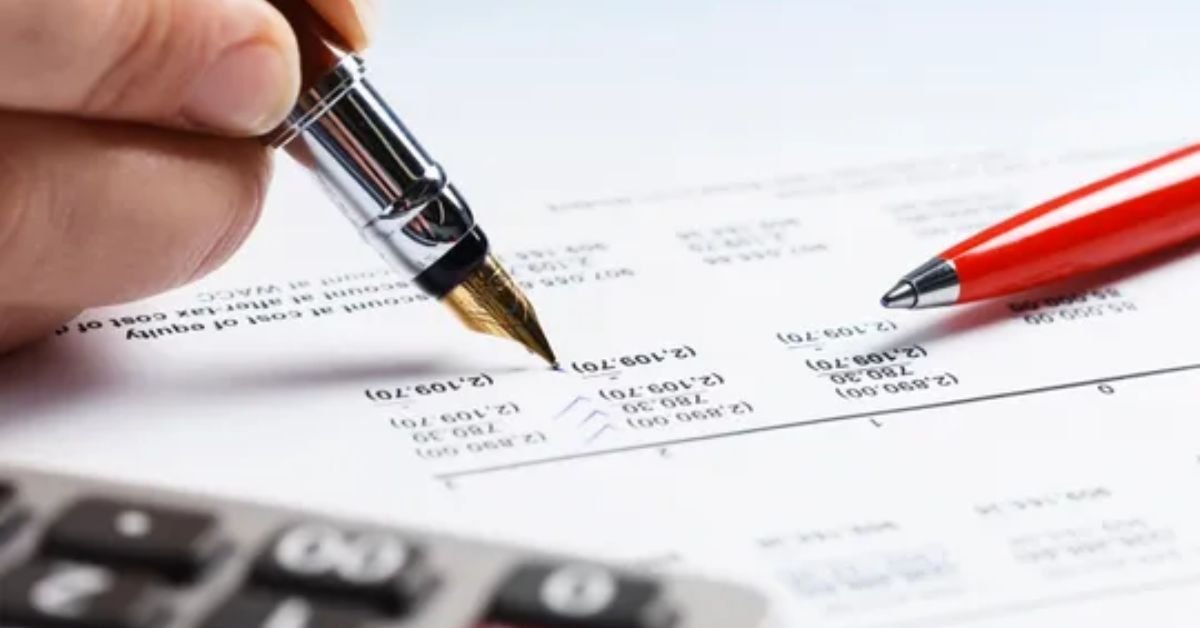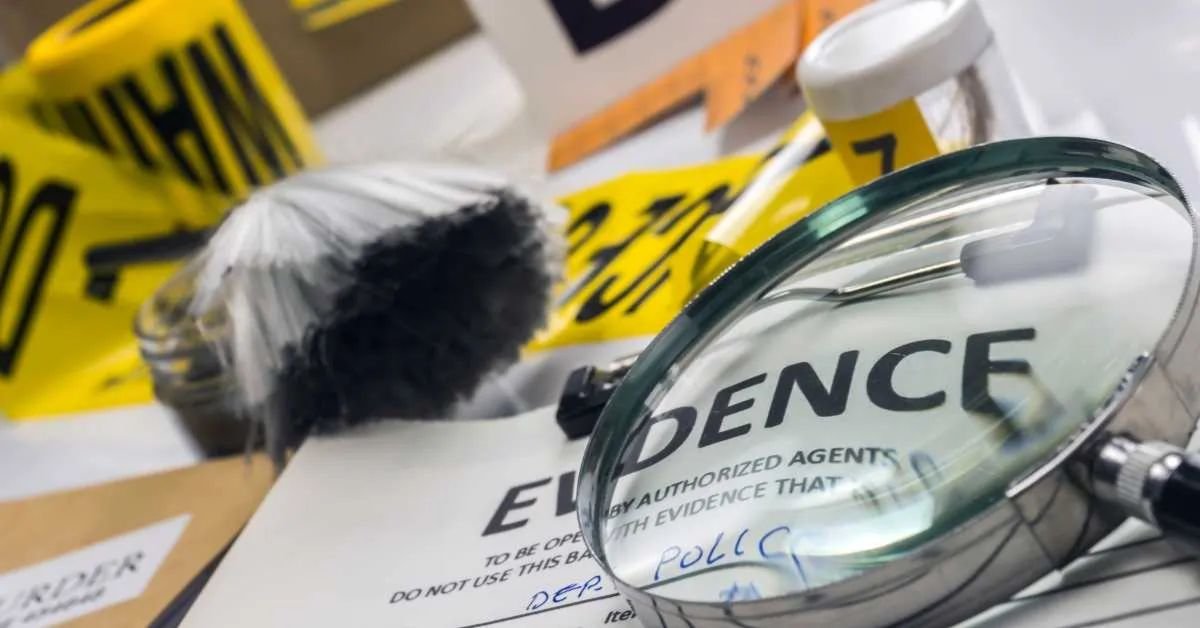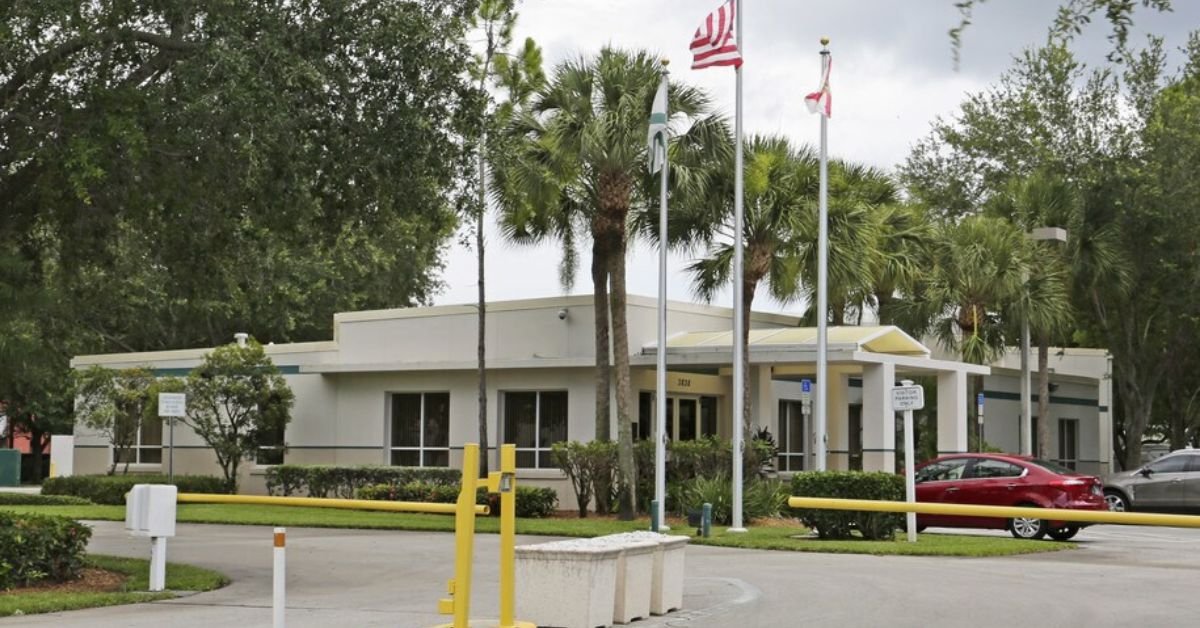A death certificate is a vital legal document that officially records the date, location, and cause of a person’s death. In Florida, the issuance and certification of death records are governed by both public health statutes and administrative procedures. This document is essential for settling estates, claiming insurance benefits, transferring property, and fulfilling legal and familial responsibilities. This article outlines the legal process for obtaining, registering, and using a death certificate in Florida, referencing applicable laws and procedures.
Legal Authority and Statutory Basis
The issuance and regulation of death certificates in Florida are governed primarily by:
- Chapter 382, Florida Statutes – Vital Statistics
- Florida Administrative Code (F.A.C.) Rule 64V-1 – Vital Records Operations
- Florida Department of Health, Bureau of Vital Statistics – The state authority responsible for registration, storage, and dissemination of death records
Under §382.008, Florida Statutes, the registration of death must be completed within five days of death and before final disposition of the remains (burial or cremation).
Step-by-Step Legal Process
1. Medical Certification of Death
A physician, medical examiner, or attending healthcare provider must complete the medical certification of death within 72 hours of being notified of the death. This includes the:
- Cause of death (immediate, underlying, and contributing factors)
- Manner of death (natural, accident, homicide, suicide, or undetermined)
In cases involving suspicious, unnatural, or unattended deaths, the county medical examiner assumes responsibility for certifying the cause and manner of death, per Chapter 406, Florida Statutes.
2. Funeral Director’s Role and Electronic Filing
A licensed funeral director or direct disposer is legally responsible for:
- Collecting personal information about the deceased
- Coordinating with the certifying physician or medical examiner
- Entering death information into the Electronic Death Registration System (EDRS) used by the Florida Bureau of Vital Statistics
- Submitting the completed death record for state registration
The funeral director must ensure all legal elements are accurate, including names, dates, Social Security numbers, and next-of-kin data.
3. Registration by the Bureau of Vital Statistics
Once the death record is electronically filed, the Florida Department of Health – Bureau of Vital Statistics registers the certificate. A death certificate becomes legally valid once it is registered.
Certificates may be issued in two versions:
- Cause of Death Included – Available only to authorized individuals
- Without Cause of Death – Available to the general public (after a certain period or under specific rules)
Who May Obtain a Death Certificate in Florida
Under Florida law, access to death certificates with cause of death is restricted to:
- Immediate family members (spouse, child, parent, or sibling)
- Legal representatives of the estate
- Persons with documentation showing a legal interest in the record
- Government agencies with lawful purpose
Certificates without cause of death can be requested by any member of the public after 50 years have passed since the date of death, as per F.A.C. Rule 64V-1.0131.
How to Obtain a Certified Death Certificate
A certified Florida death certificate can be obtained through one of the following channels:
1. Online or Mail Request
Submit an application to:
Florida Department of Health
Bureau of Vital Statistics
P.O. Box 210
Jacksonville, FL 32231-0042
Include:
- A completed Application for Death Record form (DH727)
- Copy of valid photo identification (if requesting with cause of death)
- Applicable fees (typically $5–$10 per copy)
Online orders can also be made through state-approved vendors such as VitalChek.
2. In-Person Request
Available at the local county health department in the county where the death occurred. Processing time is typically faster when applying in person.
Use of Death Certificates in Legal and Financial Matters
Certified death certificates are required for various legal processes, including:
- Probate and Estate Administration – Establishes decedent’s death for will execution and asset distribution
- Insurance Claims – Required by life insurance providers to process payouts
- Social Security and Veterans Affairs – Used to update records and determine survivor benefits
- Property Transfers – Needed to remove a deceased person’s name from real estate titles or bank accounts
- Closing Financial Accounts – Banks, creditors, and pensions require official verification of death
A notarized copy may be accepted for some administrative purposes, but only certified copies are recognized for official legal transactions.
Special Cases and Delays
Medical Examiner or Law Enforcement Investigation
When a death is under investigation, issuance of the certificate may be delayed. An interim certificate without cause of death may be provided until the investigation is complete and a final ruling is determined.
Delayed Registration
If a death is not reported and registered within the required five-day window, it may require additional documentation and justification to be accepted by the Bureau of Vital Statistics. This can complicate legal proceedings and should be avoided.
Correction or Amendment of Death Certificates
Mistakes or missing information can be corrected by filing an Application for Amendment to Florida Death Record (DH434). Depending on the nature of the correction, additional documentation such as:
- Affidavits
- Court orders
- Medical examiner reports
may be required. The Bureau of Vital Statistics must approve all amendments, and processing can take several weeks.
Legal Consequences of Falsifying or Withholding Death Information
It is a third-degree felony under Florida Statutes §382.026 to knowingly make false statements or withhold material information in a death record. Penalties include fines, imprisonment, and revocation of professional licenses for medical or funeral personnel.
Conclusion
The legal process surrounding death certificates in Florida is governed by strict statutory and procedural guidelines designed to ensure the timely, accurate, and secure documentation of death events. These records not only serve a public health purpose but are also vital legal instruments for survivors, administrators, and government agencies. Understanding the steps, requirements, and access restrictions surrounding death certificates is essential for anyone involved in the postmortem legal process in Florida.
References
- Florida Department of Health – Bureau of Vital Statistics: https://www.floridahealth.gov/certificates
- Florida Statutes, Chapter 382 – Vital Statistics: http://www.leg.state.fl.us/Statutes/
- Florida Administrative Code Rule 64V-1: https://www.flrules.org
- Florida Statutes, Chapter 406 – Medical Examiners
- Florida Statutes §382.008 – Death Registration
- Florida Statutes §382.026 – Penalties for False Statements
- VitalChek Authorized Certificate Ordering: https://www.vitalchek.com












